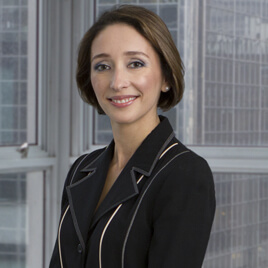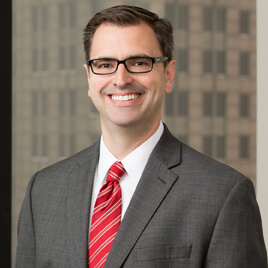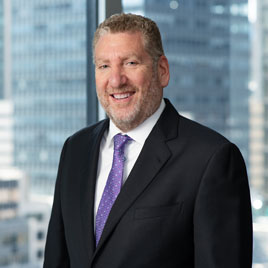Segal McCambridge Chicago Shareholders Jason Eckerly and William Mahoney, New York Shareholders Madina Axelrod and Steven Rosenblatt, and Chicago Associates Martha Drouet and Sarah Flohr recently won motions to exclude two experts, as well as summary judgment on all counts brought against their client, Flowserve US, Inc. The case was set to proceed to trial on May 1, 2018 in the United States District Court, District of Connecticut.
Plaintiff, a Connecticut municipality water control board, purchased six Flowserve pumps as part of a 30 million dollar upgrade project in 2012. After several years of use, Plaintiff unilaterally decided to remove and replace the pumps as part of a four million dollar facility upgrade project. In an attempt to recover the cost of the upgrade, Plaintiff filed suit against Flowserve on seven counts, including strict and negligent product liability, breach of express warranty, breach of implied warranty, breach of third party contract between Plaintiff’s construction manager and Flowserve, and a claim for damages pursuant to Connecticut’s Unfair Trade Practice Act (“CUTPLA”).
In support of its case, Plaintiff disclosed two experts to testify regarding the alleged defective design of Flowserve’s pumps, as well as its justification and cost of the upgrade project. Flowserve moved to exclude both experts based on their lack of an acceptable methodology, as well as for summary judgment on all seven counts of Plaintiff’s complaint.
Flowserve argued the design defect expert’s report and use of a methodologically flawed survey and reliance on undisclosed facts rendered the expert’s report and testimony inadmissible. Flowserve further noted the expert failed to review critical materials regarding the pumps’ operation and maintenance when making her opinion. As to Plaintiff’s damages expert, Flowserve argued the opinions impermissibly relied on assumptions with no factual support or expert analysis. Specifically noting the damages amounts were regurgitated information provided by Plaintiff and internet research. The Court agreed, barring both of Plaintiff’s experts.
After barring Plaintiff’s experts, the Court agreed with Flowserve’s summary judgment argument that this is the type of complex case requiring an expert opinion as to defect and as to feasible alternative design. Absent admissible expert testimony combined with the undisputed fact that Flowserve’s pumps complied with the upgrade specifications, the Court granted summary judgment on Plaintiff’s strict and negligent product liability counts.
Further, the Court found Flowserve’s warranty was “clear, conspicuous, and enforceable,” and granted summary judgment on Plaintiff’s breach of express liability count. The Court also found the executed purchase order expressly excluded any and all implied warranties counts.
Finally, the Court held Plaintiff’s breach of contract and statutory claims under the CUTPA were barred by the Product Liability Statute’s exclusivity clause which prevents double recovery. The Court went even further to note that even if these claims were not barred they would still fail as Plaintiff was unable to provide any evidence as to the pumps’ defectiveness.
The case is Water Pollution Control Authority of the City of Norwalk v. Flowserve, US Inc. v. Gilbane Building Co., case number: 3:14-cv-00549-VLB, in the U.S. District Court for the District of Connecticut.




